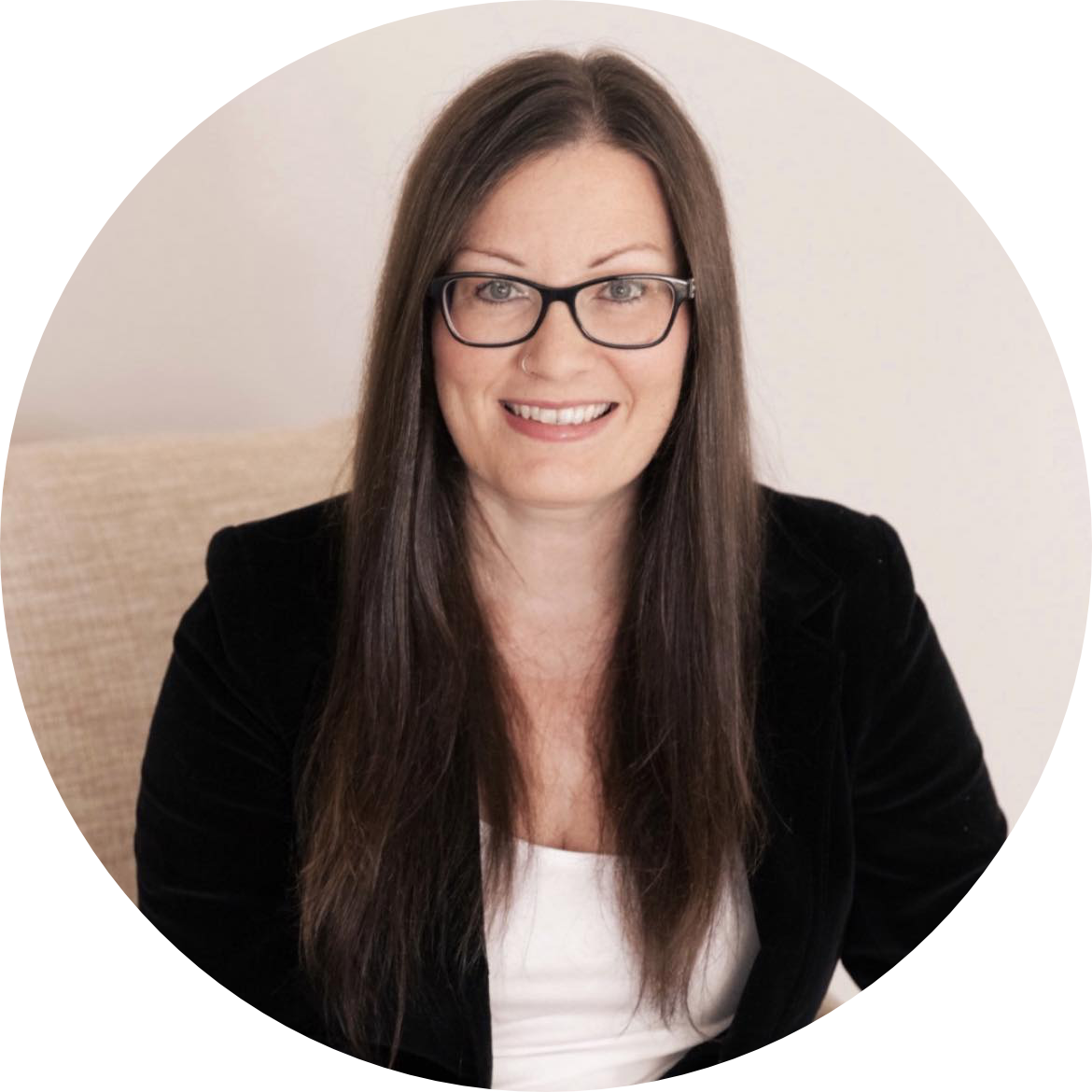-
A: A 60-minute session is ideal for your first appointment because it gives us enough time to dig into your story and really understand what's going on. This usually takes up about half of the session. After that, we can chat about how I can best assist you moving forward.
If you're coming in for follow-up sessions, a 30-minute slot can work well. But hey, if you're like me and enjoy long conversations with lots of questions, booking a full 60-minute session each time might be right for you. -
A: Yes. While I don’t create tapering plans for individuals, I'm here to provide emotional, spiritual, and mental support as you navigate any challenges you may encounter during your tapering journey. I know tapering can be very complicated, I recognize that and can offer what I’ve seen work for others, as well as typical tapering guidelines and how they relate to your particular story.
-
A: Absolutely. Witnessing a loved one endure harm from medication can be an incredibly distressing experience. It's natural to feel unsure about how best to assist them, which can generate a great deal of anxiety. I often emphasize that you cannot effectively support others if you're running on empty yourself. You might also require guidance and assistance throughout this process to maximize the help you can offer your loved one. I would be more than happy to chat with you or other involved friends and family members to offer my firsthand experience about what your loved one is going through. I needed my own family to talk to those who had healed before me in order for them to understand my distress fully.
-
A: The content of our calls can vary significantly since there is no one-size-fits-all approach to recovery. I tailor each conversation to your unique circumstances. During our discussions, I provide a safe space for you to express yourself, identify your main challenges, and collaborate on finding solutions that best suit your specific needs. My coaching style is mostly conversational, as I find this is the best way to build a trusting relationship and any topics that need discussion tend to come up naturally this way. I encourage you to come with a list of questions to ask during your session as well.
-
A: Absolutely! I am very open to discussing the spiritual dimension of healing and recovery. I welcome and embrace all religions, spiritual viewpoints, beliefs, and ideas. Likewise, if you identify as agnostic or atheist, your perspective is equally valued. I've explored a wide range of beliefs myself, so I am adaptable and open to these discussions. I also struggled a LOT with my personal faith in more ways than one throughout my healing journey. Faith and beliefs (or lack of them) in God come up a lot during sessions.
-
A: Absolutely, yes! Many individuals, myself included, have taken years to recover from the severe effects of medications. It's not uncommon for symptoms to ebb and flow, and for healing to progress slowly over time. As some symptoms recede, new obstacles and challenges may emerge because life continues to evolve. Over time, frustration and depression may set in if you feel that your healing is progressing slower than desired. I've personally faced these challenges and have developed tools and strategies to help you overcome this phase of your healing journey.
